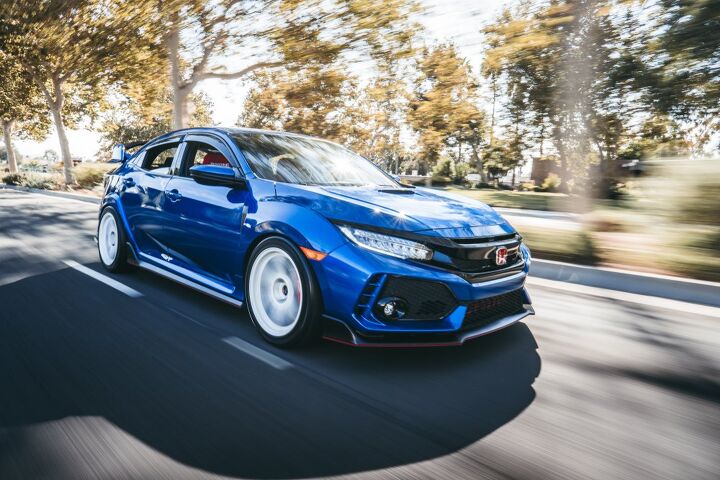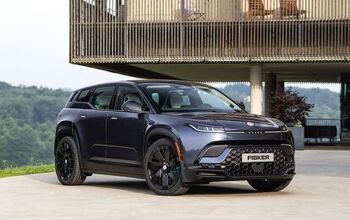Consumer Reports: Most Reliable Car Brands of the Year - Find Out Who Ranks Highest
The automotive industry offers a range of options for consumers seeking reliable vehicles. A recent study by Consumer Reports provides a detailed look into the reliability of various car brands, helping buyers make informed decisions.
Leading Brands in Reliability
- Lexus (Score: 79)
- Toyota (Score: 76)
- Mini (Score: 71)
- Acura (Score: 70)
- Honda (Score: 70)
Rounding out the top 10 are Subaru, Mazda, Porsche, BMW, and Kia. These scores reflect a trend towards higher reliability across these manufacturers.
How Reliability is Scored
The methodology behind these scores involves comprehensive surveys of Consumer Reports members, covering over 330,000 vehicles from the years 2000 to 2023, including some early 2024 models. The survey assesses 20 different trouble areas, varying from minor issues to major system faults. The final score, out of 100, is a combination of problem severity, track testing, owner satisfaction, and safety data.
Focus on Electric and Hybrid Vehicles
The study pays special attention to electric and hybrid vehicles, including new criteria specific to these types of vehicles. These criteria assess electric motors, hybrid batteries, and charging systems. Hybrids show 26% fewer problems than traditional vehicles, but plug-in hybrids and electric vehicles often score lower in reliability.
Reliability by Region
Asian car manufacturers lead in reliability with an average score of 63, followed by European brands at 46 and domestic brands at 39. Cars, including sedans, hatchbacks, and wagons, are noted as the most reliable vehicle type.
Highlights of Specific Models
In model-specific observations, Lexus's NX model scores average in predicted reliability, with the rest of its lineup above average. Toyota's 4Runner SUV is noted for its high reliability, while the Tundra is marked for lower reliability. Acura's RDX and TLX models receive praise for their above-average reliability.
This article was co-written using AI and was then heavily edited and optimized by our editorial team.
More by TTAC Staff
Latest Car Reviews
Read moreLatest Product Reviews
Read moreRecent Comments
- Tane94 Subie has a cult-like devotion to its products, so it can do no wrong by being a late adopter in offering EVs. Mazda has rebranded itself from zoom zoom to affordable near luxury, with success. Toyota is most vulnerable to losing sales from not having EVs. The hybrid early adopters who made Prius their high-visibility flag bearer now have to look to another brand for a distinctive EV to righteously show themselves off.
- Jrhurren The EV haters would keep complaining until prices hit $0, at which point they would proceed to complain some more.
- Kwik_Shift_Pro4X Remember the Mitsubishi Pajero? 😆
- Macca Judging by the atrocious reliability record and general lemony snicket nature of the ICE Wagoneer and GC, this makes about as much sense as the electrically-challenged Brit marques going EV. Upper trim interiors on the GW & GC are a case of 'nice at 10 paces' (or glammed up press photos). In person there are low-rent plastics throughout at critical touch points (center tunnel, seat & mirror controls on the door panel, for instance) where there is unnerving flex akin to a toy. Adding more screens when the main Uconnect screen is already flaky doesn't bode well.
- Ted Bryant HA! Taught my son on my 84 FJ60. One day coming home from baseball we drove some of his friends home. One kid in the back asked how to put the window down. I thought he was joking -- he never "rolled down" a window before.


































Comments
Join the conversation